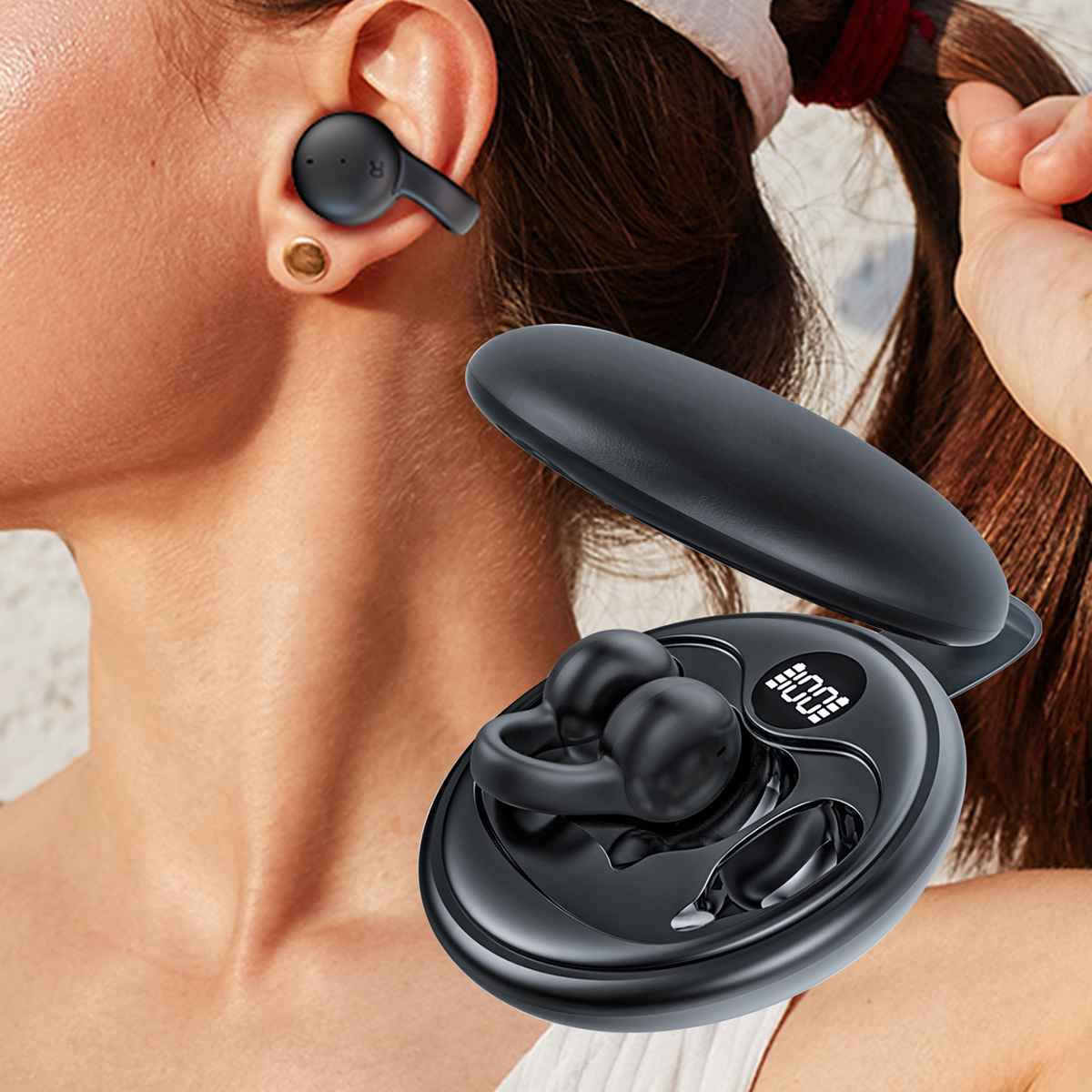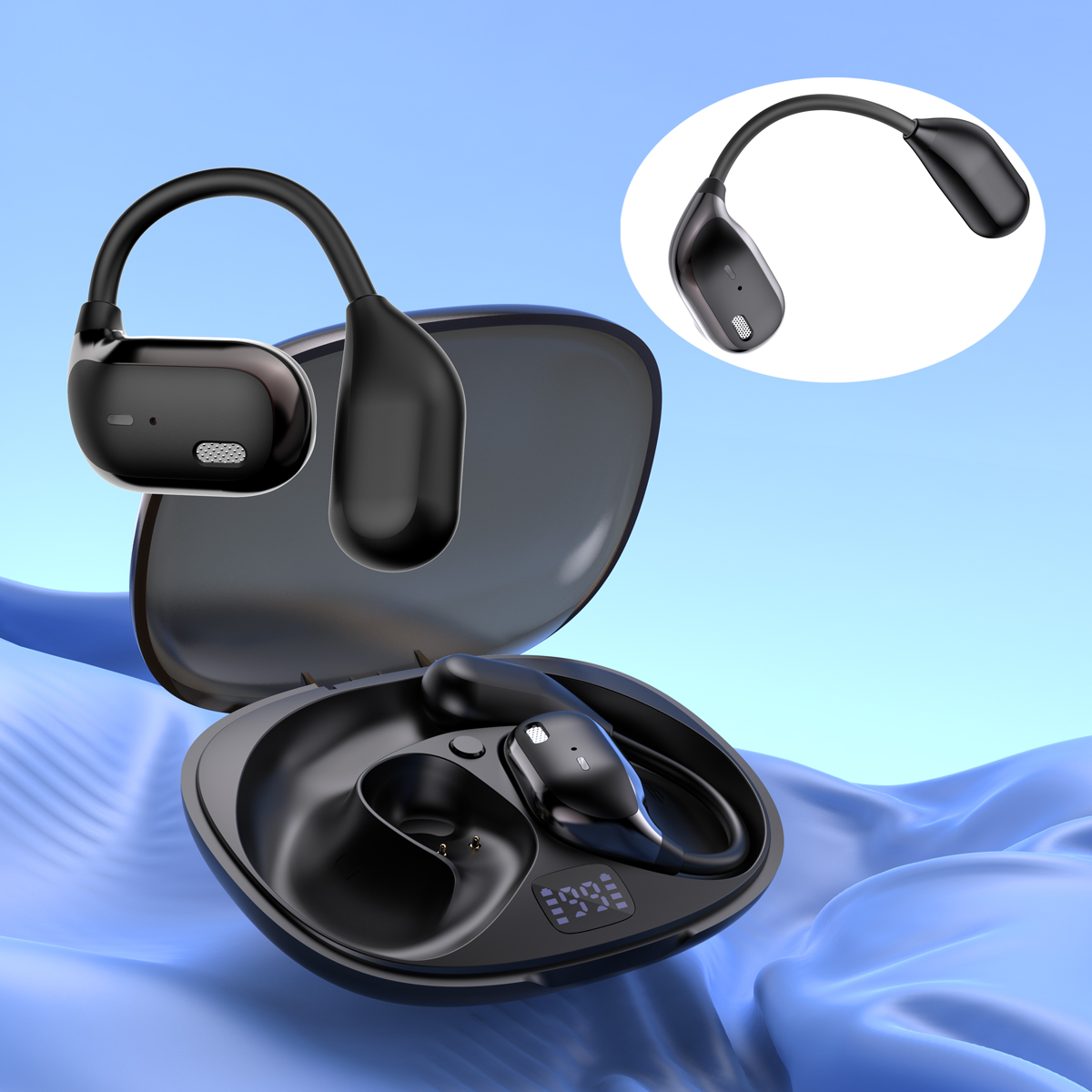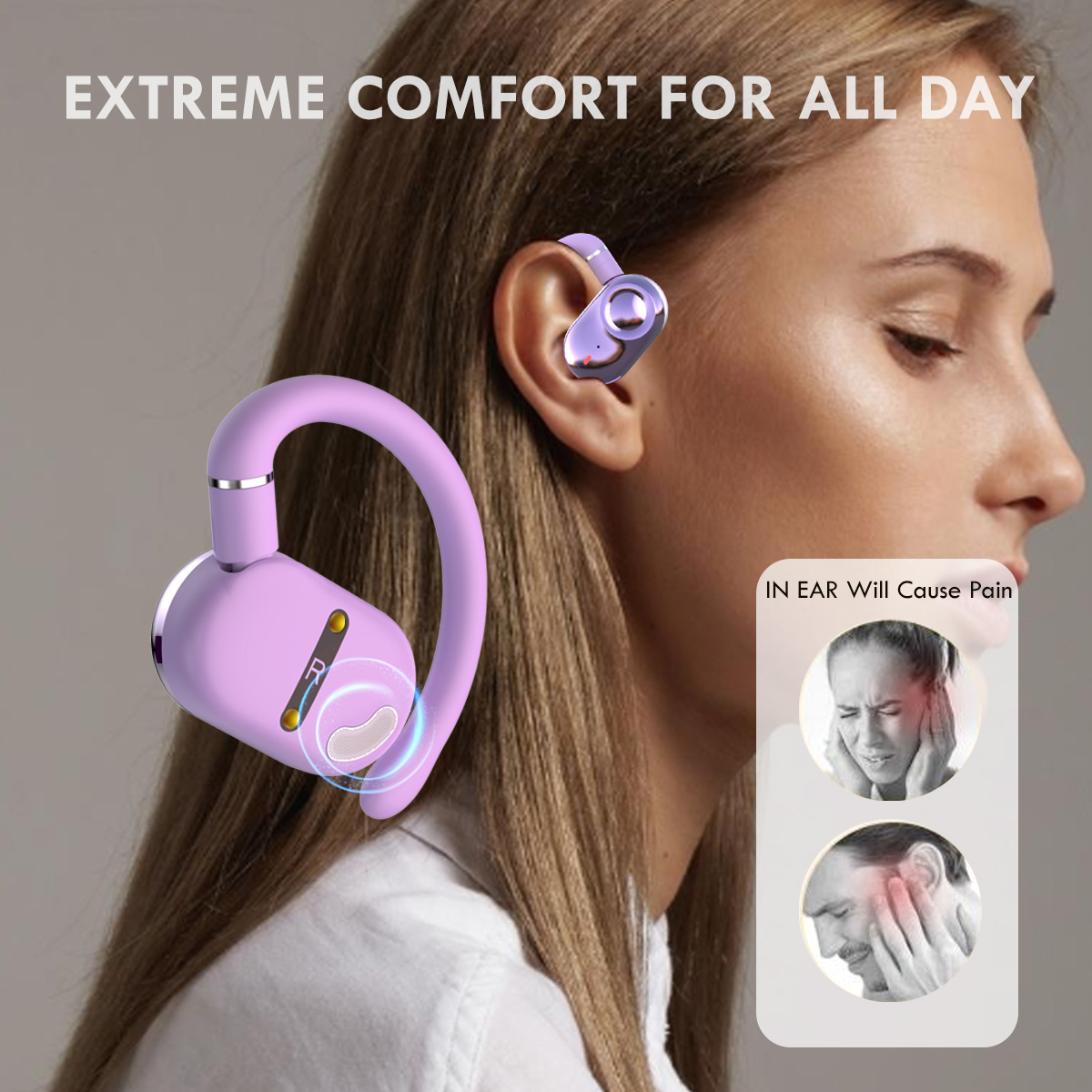Importing headphones from China can be a daunting task if you don’t have any knowledge about the different certifications required for the process.
Importantly, if you have OEM headphones with personalized design and firmware, it’s imperative to have profound technical knowledge to understand all the processes that go into manufacturing your product.
Even though the majority of the suppliers won’t offer you free services until you agree to a certain quantity, it’s highly necessary to sign agreements before making any payment.
Why it’s hard to find a supplier in China who complies with regulations
The primary reason is that majority of the suppliers who have developed a new product are unwilling to invest in the certifications because they don’t know the market performance of the product as yet. So spending thousands of dollars on something that ends up as a flop is not a wise business decision.
So what should be the best way forward?
Well, start with finding manufacturers and suppliers who work for European and US-based retailers. This is important because European and American retailers only work with suppliers who comply with the law.
Otherwise, it’s recommended to avoid suppliers who don’t have the necessary certifications and are not willing to invest in certifications anytime in the future.
Certifications for Importing Headphones
Following are the various compliance standards and certifications required to import headphones to Europe and the USA.
FCC
The FCC certification is responsible for regulating electronics such as WiFi, Bluetooth, radio transmission, and more. If you want to import wireless headphones from China, you need FCC certification.
FCC is composed of two different regulations:
- Intentional Radiators: Intentional radiators include Bluetooth speakers, Wi-Fi devices, smartphones, and radios.
- Unintentional Radiators: These include headphones, earphones, power banks, PCBs, and more.
CE
The CE certification is necessary if your important headphones from China to Europe. The purpose of CE certification is to ensure the quality and reliability of the products. The certification covers most standards and is considered as the absolute minimum requirement for a product to be imported to Europe.
GS
GS stands for Gepruefte Sicherheit, which is a quality certification given by a third party to retailers. Even though it is a voluntary certification and not required by the law, it is still considered as a mark of quality and reliability for consumers in Germany.
The requirements for GS certification are much higher than that of CE, which makes it a little difficult to achieve for many electronics manufacturers.
ROHS
ROHS is the Restriction of Hazardous Substances, which regulates the use of six different hazardous substances in a product. These include lead, cadmium, chromium, mercy, PBDE, and PBB.
ROHS is linked with the Waste Electrical and Electronic Equipment Directive, which is responsible for the collection, recycling, and recovery targets for electrical goods. The regulation is a direct initiative of the legislative authorities to resolve the problem of increasing toxic e-waste.
The majority of the genuine suppliers in China will have at least a report for the raw materials required for manufacturing the final product. Many suppliers won’t have a ROHS certification for the complete product; however, they might have the material tested, which is required by the authorities.
BQB
The BQB certification is specific for Bluetooth devices. Any device that involves data transfer within a short wireless range comes under the umbrella of Bluetooth support. If you’re importing wireless Bluetooth headphones from China, you might need this certification.
UL
The UL certification comes into play if you are importing headphones from China to the United States. It certifies a certain product as per different standards. Even if you have other certifications like FCC, you may still require the UL certificate as a seal of quality so that your customers can get reliable products.
EMC
EMC stands for Electro Magnetic Compatibility. This certification regulates the property that a certain electronic or radio product may not interfere with other similar products. It involves manufacturing the components of a product within the CE and GS standards. When your product has a GS certificate, it will be automatically tested for EMC as well.
Although, it is an important certification some countries may have different compliance standards. For instance, in Europe, manufacturers require a compulsory EMC test to pass the CE labeling.
R&TTE
The R&TTE directive is specific for radio-transmitting devices, which are also covered under GS and CE certifications. For Bluetooth, WiFi, and other radio devices, you will need this certification to import goods from China to Europe.
LVD
Also known as the Low Voltage Directive, is a standard that does not involve any consideration of technical aspects of its own. Instead, it uses IEC technical specifications to help designers and manufacturers to develop products that are safe for consumers as well as the environment.
It directs electrical equipment with a voltage between 50 and 1000 volts for AC, and 75 to 1500 volts for DC. Products that come under this umbrella term are marked with CE certification to reflect acceptance throughout Europe.
REACH Directive
The REACH Directive has been implemented since 2007. It is considered as an upgrade to the ROHS with additional regulations on various chemicals and substances. The certification is divided into different phases to regulate the chemicals involved in the process of manufacturing. This certification has been made compulsory by the law for importers within the European Union.
WEEE Directive
The WEEE Directive (Waste Electrical and Electronic Equipment) is compulsory to be fulfilled by the manufacturers. You will need to show this certification on the sales packaging of your product. However, different countries may have different compliance standards for this directive.
Conclusion
In this article, various certifications required for both Europe and the US have been detailed. These certifications ensure the quality of products and the trustworthiness of their safe usage.
If possible, always look for a supplier or manufacturer who has a fully certified product. Some of the suppliers in China who work with large European and American companies have full certification of their products include GS/CE and FCC certifications.
You may also ask the supplier to give you a Letter of Guarantee that the individual product and its components have been manufactured under the compliance regulations of Europe or the US, as per your requirement.
Remember, your objective is not to satisfy the authorities but to import a safe and reliable product that can be productive and useful to your customers as well.





